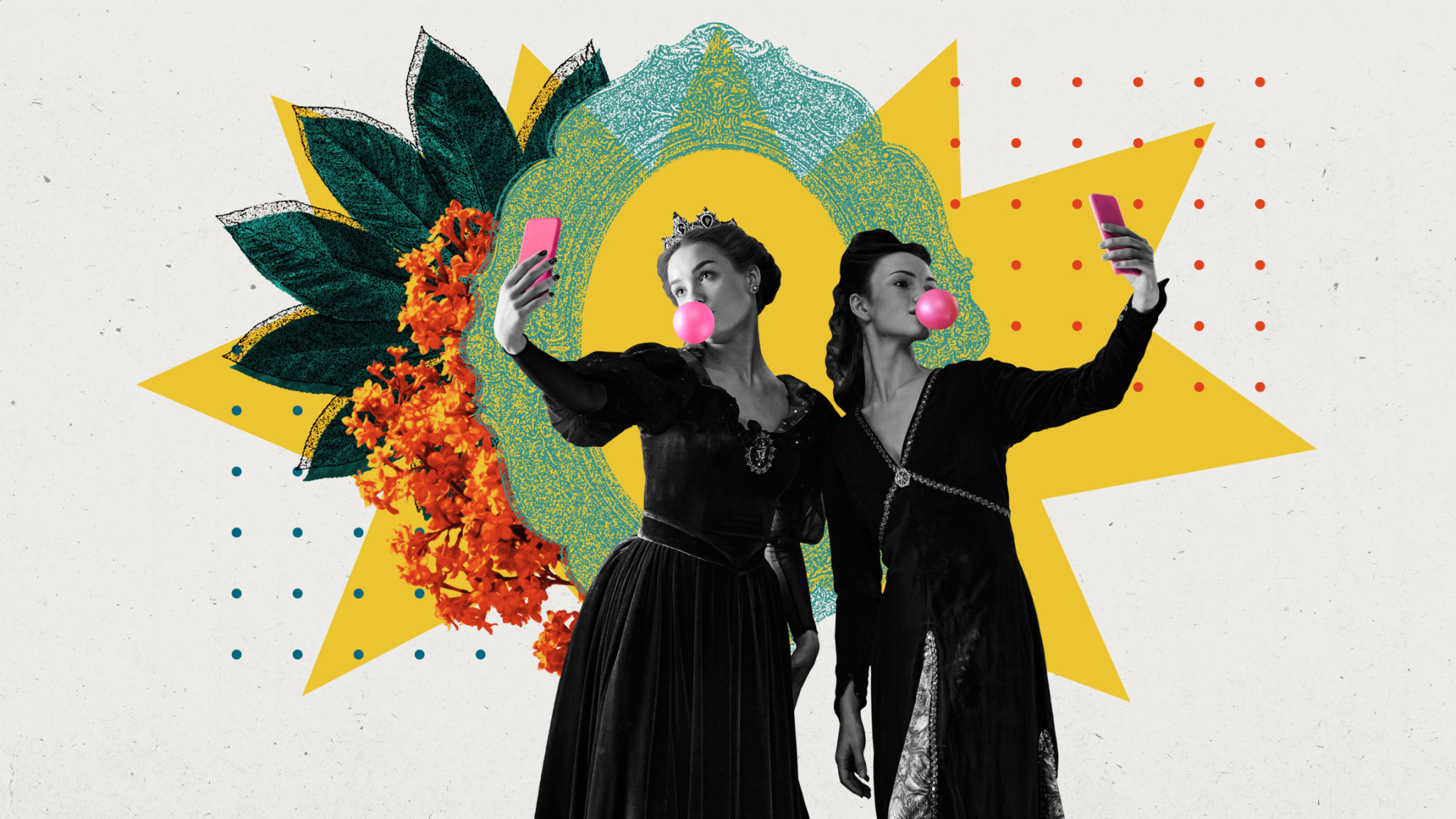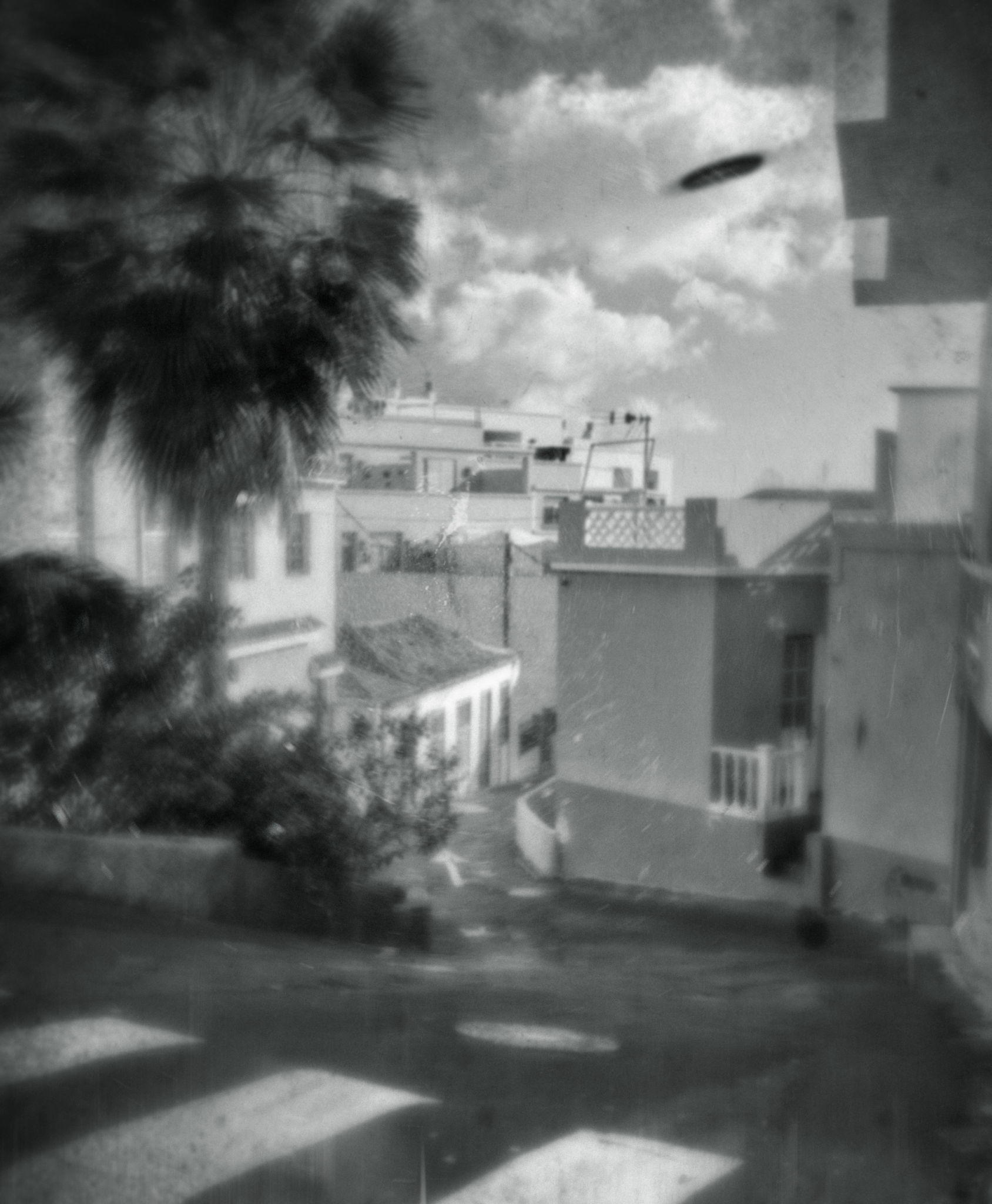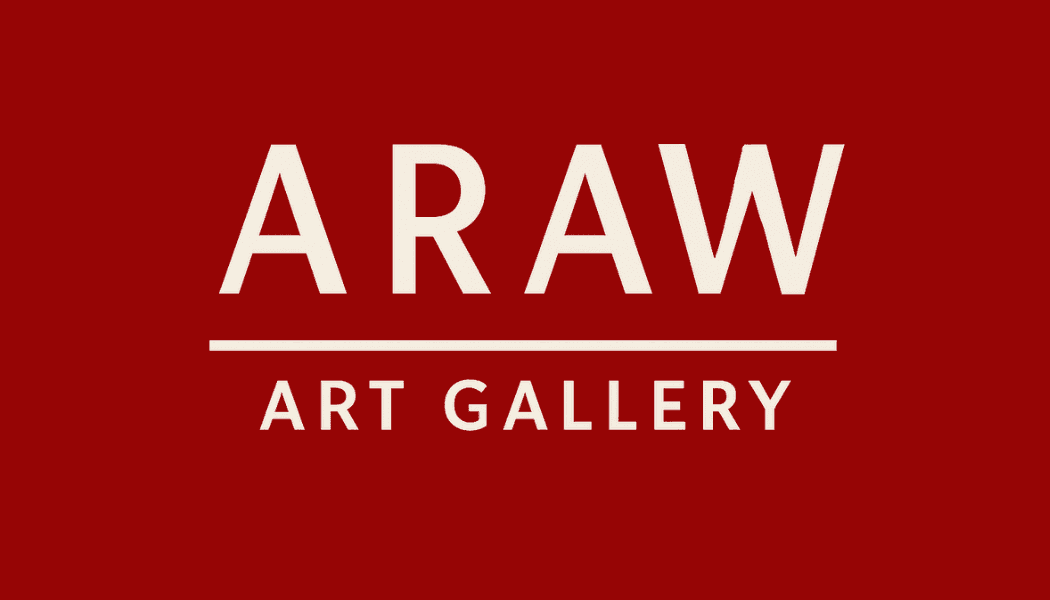Exploring the Vibrant Art Scene in the Philippines
Introduction to the Philippine Art Scene
The Philippines is home to a vibrant and diverse art scene that reflects its rich cultural heritage and history. From traditional crafts to contemporary visual arts, the country's artistic expressions are as varied as its more than 7,000 islands. The dynamic art scene continues to grow, attracting both local and international attention.

The Influence of Culture and History
Philippine art is deeply rooted in its complex history, influenced by indigenous traditions, colonial past, and contemporary global trends. Indigenous art forms, such as weaving and pottery, continue to thrive, passed down through generations. The impact of Spanish colonization is evident in religious art and architecture, while the American period introduced new styles and techniques.
Contemporary Art and Its Impact
In recent years, the contemporary art scene in the Philippines has seen a surge in creativity and recognition. Artists are using their work to comment on social issues and cultural identity, often blending traditional techniques with modern mediums. This fusion creates a unique artistic language that resonates both locally and globally.

Art Galleries and Museums
The Philippines boasts a range of art galleries and museums that showcase both local and international artists. Institutions such as the National Museum of Fine Arts and the Ayala Museum in Manila offer a glimpse into the country's artistic evolution. These venues not only preserve the nation's artistic heritage but also provide a platform for emerging artists to exhibit their work.
Emerging Artists to Watch
A new generation of Filipino artists is making waves on the international stage. Their innovative approaches and bold use of materials challenge traditional perceptions of art. Some notable artists include Rodel Tapaya, known for his large-scale narrative paintings, and Pio Abad, whose work often explores themes of memory and history.

Art Festivals and Events
The Philippines hosts numerous art festivals and events that celebrate creativity across various disciplines. The annual Art Fair Philippines is a major highlight, attracting collectors, artists, and enthusiasts from around the world. These events not only promote local talent but also foster cultural exchange and collaboration.
Street Art and Public Installations
Beyond galleries and museums, street art has become an essential part of the Philippine art scene. Cities like Manila and Cebu feature vibrant murals that transform urban spaces into open-air galleries. These public artworks often address social issues, providing a voice to marginalized communities.

Conclusion
The art scene in the Philippines is a reflection of its colorful culture and resilient spirit. Whether through traditional crafts or cutting-edge contemporary pieces, Filipino artists continue to push boundaries and inspire audiences worldwide. For anyone exploring the archipelago, immersing oneself in its diverse artistic offerings is an experience not to be missed.
